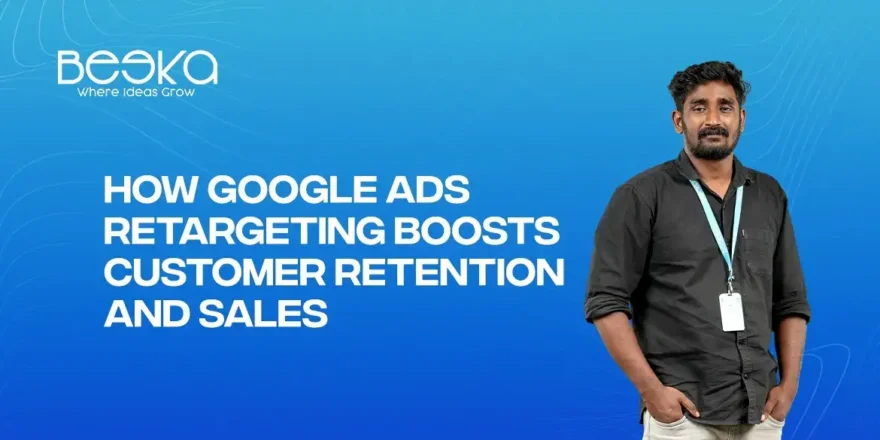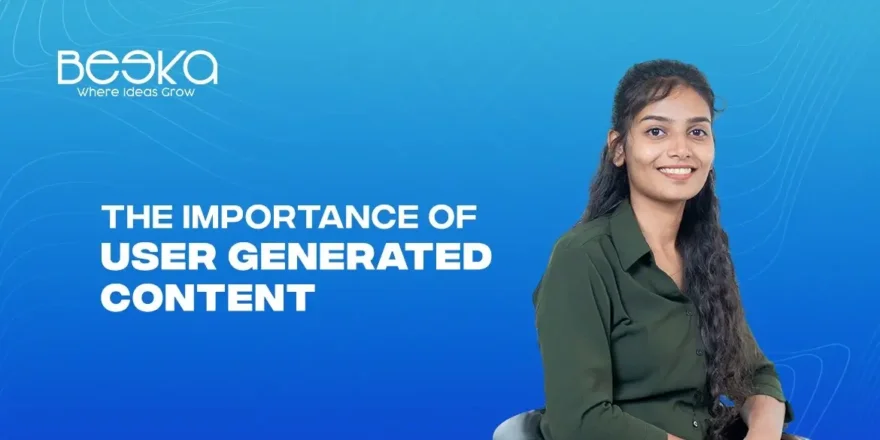For many years, brands used SEO to be seen online. The plan was clear: pick the right keywords, make good content, get links, and climb up Google’s ranks. This got them more clicks, more viewers, and, they hoped, more buyers.
But now, things are different. People have begun using ChatGPT and other AI tools not just to explain things but to give answers straight away. They don’t just type in a question on Google and click a link. More people use tools like ChatGPT, Bing Chat, Perplexity, or Google’s AI summaries. These don’t show ten blue links; instead, they give you a straight reply. That reply might not mention your site.
Here’s where Generative Engine Optimization (GEO) comes in. You need to tweak your content so AI might include it in its answers. The aim isn’t just to be at the top of Google now, but to be in the AI’s response to a question..
So, what should we do now? Keep using SEO, switch to GEO, or try both?
Old Rules Still Work, But New Ones Are Rising
Let’s be clear: SEO still matters. A lot. Most traffic still flows through Google, and Google remains the gatekeeper of online visibility. But ignoring GEO would be shortsighted, or even a blunder, because the way people search is changing rapidly.
Here’s what each approach involves:
SEO is about getting your site to appear in Google search results. You optimize your pages with the right keywords, make sure your site loads fast, earn backlinks from trusted sites, and build domain authority. Over time, your content rises in the rankings.
GEO, on the other hand, is about making sure your content is understood and cited by AI tools. These tools crawl the internet just like Google does, but they look for different things: structured data, clarity, concise answers, and trusted sources. If your content is formatted well and seen as reliable, it may get included directly in AI-generated answers.
SEO and GEO work well as one. If your content ranks high, AI spots it easily—but how you set it up and how trustworthy it is count the most, as GEO favors content that is easy and safe for bots.
So, the solution isn’t to abandon SEO or panic about GEO. It’s to blend both and optimize your content for traditional search, and structure it in a way AI systems can confidently use.
The Stats Speak
Here are some numbers that show where things are headed:
- Google is still in charge of about 90% of the world’s search stuff. So, SEO isn’t gone yet.
- But AI summaries now appear in almost one-third of search results.
- Some firms are seeing less web visits, as people find answers in AI boxes and don’t click on links.
- People are getting more comfortable asking AI for tips, wrap-ups, and even what to buy. This is true mostly for young people and those who use tech well.
- Old-style SEO work still gives good returns. A lot of places get back 4 to 7 times what they spent, in a year.
- Yet, guesses say web visits from Google might fall by 20 to 40% in a few years if AI keeps winning the top spots.
In other words, SEO is still powerful, but it’s starting to share the spotlight. GEO isn’t just a buzzword—it’s a necessary response to how search behavior is evolving.
How to Be Found in the Age of AI
So what should brands and content creators actually do?
Keep up with SEO, but change it up. Keep creating useful, well-optimized content. Make sure your site is technically sound, fast, mobile-friendly, and rich with relevant topics. That’s still foundational.
Start adding GEO strategies. Set and structure the content in a way that’s machine-readable. Use clear topics, numbers, short answers, and top sources. Think how an AI would sum up your page. Would it get the main points? Would it trust your source?
Don’t obsess over clicks, but watch for mentions. In the age of GEO, your goal isn’t always to get the click. It might be to get quoted. If a tool like ChatGPT uses your explanation or links to your page, that’s visibility, even if it doesn’t lead to a visit right away.
Invest in trust and credibility. AI models favor sources that seem reliable. That means publishing expert-driven content, citing sources, and building a reputation over time. Brands that appear confident, factual, and useful are more likely to be included in AI-generated answers.
Expect SEO to evolve, not disappear. It’s not going away anytime soon. But the idea that all discovery happens through a search bar is fading. More and more, people will find you through a mix of search engines and generative engines. You need to show up in both.
Search isn’t dying, it’s evolving
We’re not at the end of SEO, but we are at the beginning of something new. Think of SEO and GEO not as competing systems, but as different channels in the same discovery ecosystem.
Search engines will still send traffic. But generative engines will start delivering visibility in different ways, through mentions, summaries, and smart answers.
If your brand wants to survive and thrive in the next era of the web, you’ll need to write not just for users and Google bots, but for AI itself. Because where people search, how they search, and who answers that search, that’s all changing.
And if your content isn’t ready for that shift, your competitors’ will be.





